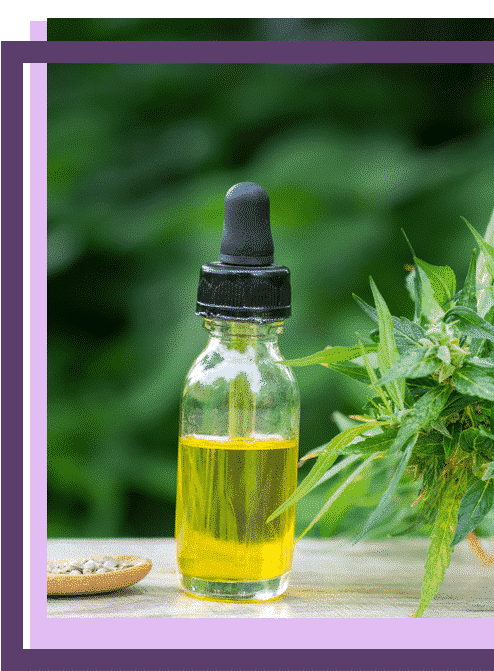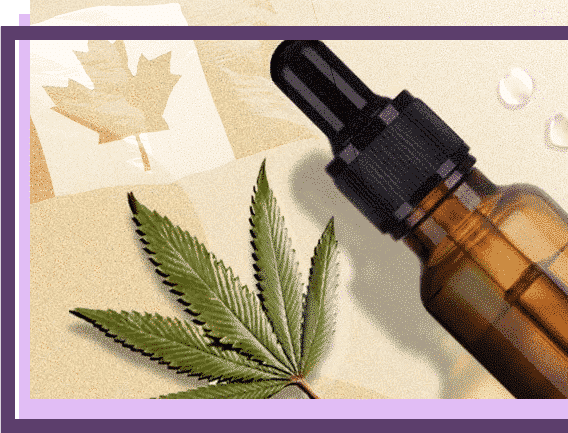First Off, What is CBD?
CBD is an abbreviation that stands for Cannabidiol. It’s a chemical that manufacturers of CBD products extract from the hemp plant. So what is hemp? Hemp and Cannabis plants are known to contain over 100 compounds that can undergo extraction, including THC.
For most users who prefer not to get high, cannabis CBD is the best option. You get the relief of using the product, but none of the psychoactive side-effects of THC. Also, the increasing legalization of cannabis across the world contributes to the popularity of CBD in Canada.
Canada joined the wave and made selling and using CBD cannabis legal in the country. Many Canadians use it for medical benefits or leisure. The cannabinoids in the CBD are known to have certain effects on the human body. It happens once they bind with the receptors. For example, they bind to signal the body requires relief from pain.
There are over 480 natural components found in cannabis plants. Of these, 66 have been classified as cannabinoids. The most well known is delta-9-tetrahydrocannabinol (THC) and is primarily responsible for the intoxicating effects normally associated with cannabis.
However, studies have shown that many of the other cannabinoids help moderate the effects of THC. Cannabinoids interact with receptors in the body’s endocannabinoid system (ECS) to produce the varying effects of cannabis. Basically, certain cannabinoids (e.g. THC) attach to the brain’s receptors sending responses throughout the body. Other cannabinoids such as CBD moderate these interactions.
Subcategories of Cannabinoids:
- Tetrahydrocannabinol (THC)
- Cannabielsoin (CBE)
- Cannabitriol (CBT)

You probably have heard about the age-old battle between THC vs CBD. But which one is better THC or CBD? Or is it even really a battle? Do these opposing forces actually work in harmony to provide the ideal level of effects?
Let’s take a look at what each is and what they have to offer.
What is THC?
Tetrahydrocannabinol (THC) is the primary compound in cannabis that induces intoxication. THC is the most known and researched cannabinoid found in marijuana.THCA is what is found in raw marijuana buds. In order for THCA to be able to get a user high, it needs to be converted into THC. This is done by a process called decarboxylation. Basically, you need to heat up THCA to a certain temperature to activate it into THC.
Studies show that tetrahydrocannabinol is a lipid-soluble chemical that binds to fat in the body. And once activated, intoxicating effects are felt once the THC binds to the receptors in the brain. Once attached to the brain’s receptors, the effects of THC are transmitted throughout the body. The result is the euphoric sensations that are normally associated with cannabis use.
What is CBD?
Cannabidiol (CBD) is a non-intoxicating compound that is the second most known cannabinoid found in marijuana and hemp. Unlike THC, CBD does not get users high in the traditional sense. It does, however, assist other cannabinoids in providing a balanced set of effects.
CBD moderates the levels of THC and controls how it interacts with the body’s endocannabinoid system. This means that CBD will limit the chances of negative effects caused by the overconsumption of THC. For instance, cannabidiol is known to reduce inflammation caused by THC.
CBD can be taken on its own, but it is known to work best when taking it with THC products. However, CBD is ideal for those who want the therapeutic benefits, but do not wish to get high. Just remember that the effects will not be those that are associated with THC.
What is CBN?
Cannabinol (CBN) is another non-intoxicating compound found in cannabis. It is best known as the cannabinoid created during the degradation process of THC. As time passes THC breaks down into CBN. Current research hints that this cannabinoid may only be 1/4th the potency of THC. CBN might be best known for its sleep-inducing properties. It is for this purpose that cannabis growers who are looking for the couch-locking effects tend to let their plants flower for longer. This gives more time for the THC to break down into CBN, giving it that indica-like effect.
It’s important also to note that the human body can produce cannabinoids as well. They play a significant role in supporting CBD to offer relief from chronic pain, anxiety, and other conditions. Since CBD is a naturally occurring product, there are few side-effects to worry. It’s safe to use and works for even severe conditions like seizures in epilepsy patients.
However, anyone intending to take CBD for a specific illness must consult a physician. It’s essential, especially if you are taking other medication for the condition. For example, arthritis patients taking medication must talk to the doctor before using CBD for joint pain relief.
By seeking medical advice, you can safely use CBD together with any other medication prescribed to you. Also, CBD is not without side-effects. Even though it has no THC and won’t get you high, this is not the case for all users. Researchers are still not sure why some people experience psychoactive effects after using CBD.
Therefore, take the necessary precaution of testing out CBD as a first time user. It comes before you commence frequent doses. Also, there are many CBD products to pick. Try them and see which offers more relief. Potency depends on CBD concentration and the amount you take. There are guide charts that assist with doses based on your weight.
When it comes to CBD products, quality matters. In Canada, the industry is highly regulated to ensure only quality products make it to the market. Ensure you only purchase those that are authorized and avoid any suspicious products that may contain harmful ingredients in them. You can buy the products from licensed brick and mortar stores or online. Also, get familiar with all the laws on CBD in Canada.

CBD Canada: An Origin Story
A Brief History of CBD in Canada
As of 2018, it’s now legal to use CBD and other cannabis products in Canada. The law that governs this falls under the Cannabis Act that was enacted back on 17th October 2018. As mentioned earlier, CBD is becoming more popular in the country because of its few side-effects. Most users can enjoy the benefits without worrying about psychoactive effects. The exception is about 5% of users who get high from taking CBD products.
Even though the Act became law in 2018, marijuana has been legal in Canada since 2001. It was mainly for medical use. Before all the legalization, any use of cannabis products was illegal in Canada from the time of the Opium Act in 1908. The Act was introduced by Mackenzie King, who was the then Deputy Minister of labor in Canada.
At that time, there was a serious anti-opium movement taking place in the country. It even led to riots that damaged the properties of many opium manufacturers. It’s at this time that strict laws surrounding opium manufacturing, sale, and use were cemented in the law. With this came more stringent fines and even prison sentences that were enhanced again in the 1920s.
It’s at this time, in 1923, that cannabis got inclusion in this legislation. It was under the Narcotics Drug Act Amendment bill. This further consolidated the penalties involved with opium and 3 new drugs that included marijuana. It’s essential to note that at the time, there was a severe anti-drug movement and how it affected the majority race in the country.
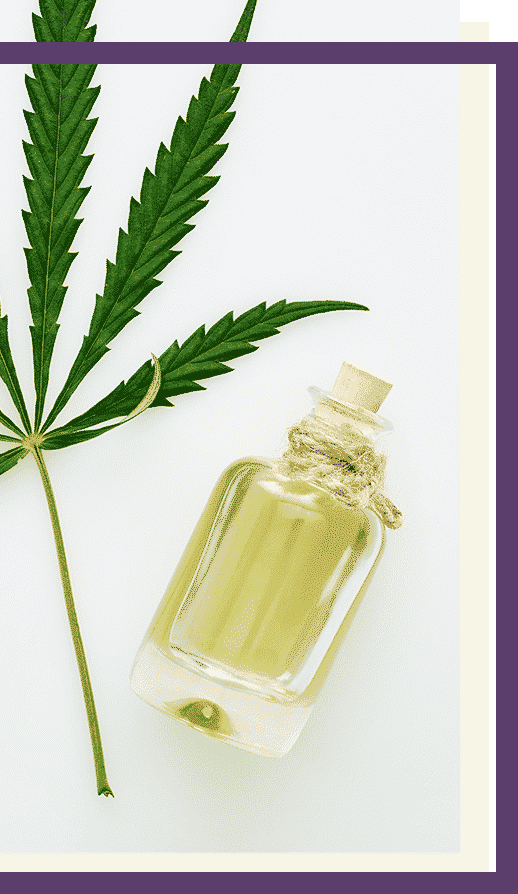
Also, Canada was involved in many conferences across the world that discussed more on cannabis. At the time, the League of Nations was dominant and broached the subject of making the drug illegal in all member nations. But, it’s only in the late 1930s that the Canadian police made the first arrest related to weed.
Later, in the 1940s, cannabis-related arrests in Canada represented 2% of the total arrests. Still, this never dissuaded the use of pot for leisure that swept across the country in the 1960s. Before then, most Canadians were not as indulged. At this time, the penalty for possessing a small amount was 6 months in prison and $1000 fine as a first time offender.
The rising number of users who opted to indulge in leisure use of cannabis caught the attention of the National Government. It formed the Le Dain Commission in 1969 to investigate the non-medicinal use of the drug in Canada. The result was a recommendation by the commission in 1972 to remove all criminal penalties without necessarily legalizing it.
With this came more stabilization of the use of marijuana products. The governments that followed discussed legalization but never actualized it. But, it became legal to use cannabis products for medical purposes in 2001. It’s only in 2016 that discussion became more serious. At that time, over 5 million Canadians were using cannabis regularly.
What followed was the passing of the Cannabis Act in 2018 that permitted the medicinal and leisure use of marijuana products that included CBD. The law has numerous restrictions that every manufacturer and user must be aware.
Also, the fact that the industry is heavily regulated contributes heavily to Canada having the best CBD products. Manufacturers and suppliers must be licensed and follow all the rules set in place.
Under the United Nations Drugs Convention, CBD is classified as a controlled substance. It means under all the provinces and territories in Canada, it’s categorized the same. All CBD products, therefore, under the set rules and must meet the standards put in place on quality.
Every manufacturer that wants to work with CBD products must get an official license. Failure to do so is against the law and can land them in serious trouble. Additionally, the possession, production, sale, and distribution of CBD are heavily regulated in the country. All this falls under the authority of Health Canada that oversees the Cannabis Industry.
Health Canada is in charge of determining how CBD products are distributed and sold, the location of licensed stores, and how these stores are run. Any person or company that wants to grow hemp to produce and sell CBD requires a federal license. This license can fall under the category of a cultivation one or an industrial hemp one.
Furthermore, any manufacturer that seeks to process CBD requires a processing license. Also, they need to know any additional requirements depending on the province and territory the plant is located. Also, if they intend to import or export these products, further requirements are needed. It falls under the Single Convention on Narcotic Drugs of 1961. It was amended further in 1972.
Additional regulations in terms of edible CBD products and other types came into effect in 2019. The reason for the increase in restriction was because of their increasing appeal to the youth and underage children. Also, the rising cases of accidental consumption were a worrying trend for minors and even over-consumption.
Having a clear history of CBD in Canada and its legality is essential to any user. The next course of action is getting to know the different types of CBD products you can use.
Types of CBD Products on the Market
When it comes to CBD, there is no shortage of products in the market. These represent the different ways you can safely ingest or apply CBD.
CBD oils and tinctures are the same. Often manufacturers use both or one of the names on their products. CBD Oil is a combination of CBD and a carrier oil like coconut or hemp seed oil. The oil comes in a small bottle and varies in terms of CBD concentration.
The CBD concentration means the amount of CBD you find in one bottle that determines its potency. If you want high strength, then opt for highly concentrated CBD oil. The oil is best consumed orally by placing a small amount under the tongue.
As you consume it, remember the concentration of CBD to help determine the right dosage. Also, you can consult your physician if your intention is medical benefits. The best way to scoop and determine the dosage is by using the scooper that comes with it.
Once you decide you want to use CBD oil, get familiar with its ingredients first. It helps you determine if you’re allergic to any of them or not. First, CBD oils have the CBD extract in them. It’s what is extracted from the hemp plant and then separated from other compounds.
Depending on the type you want, you can opt for a full-spectrum that has THC in it. Another option is broad-spectrum that excludes THC but contains other chemicals from the hemp plant. Lastly, you have isolate that includes a pure CBD extract devoid of any other chemical compound.
Second is a carrier oil with coconut and hemp seed oil as the most popular. This is what is mixed with CBD to make oil that you can safely ingest. They play a vital role that helps in the absorption of CBD by the bloodstream.
Third are additives, even though you can opt for CBD oils without them. Additives like flavors help make the CBD oil more palatable. Also, some manufacturers use sweeteners to remove the bitter taste.
A final point on this is there’s CBD for pets, especially CBD oil for dogs. It helps with pain relief in case of injury or illnesses like arthritis.
You can apply CBD on your skin if ingesting is not appealing to you. The types of CBD topicals available include balms and vapor rubs. It means you have more options on how to use CBD products safely.
Since endocannabinoid receptors are the ones that bind with CBD, then how you use CBD products matters. You have these receptors on your skin hence the availability of topicals. With the receptors on your skin, you get relief from pain. Also, any inflammation is soothed that results from conditions like psoriasis and acne.
For many people, CBD topicals come in handy with soreness in the muscles, inflammation, and even pain.
The concept of using transdermal patches has been around for years. They use the same idea as topicals, which is transferring CBD through the skin. Also, they have a longer-lasting effect, which is excellent news to anyone with chronic pain or constant anxiety. It means you can place the patch and enjoy the effects for a longer duration.
Like many other transdermal patches, this one contains CBD that you place on your skin. The best place is one with many veins like the back of your palm. You get a slow release of CBD that can last throughout the day, providing adequate relief.
The best way to use patches is to place in an area with plenty of veins. Additionally, keep changing positions of new patches to improve CBD absorption. So, this implies you must avoid placing the patch on the same area over and over. With this, the CBD reaches the bloodstream faster, offering effective relief.
With further advancement in CBD products, more CBD drinks are available in the market. Only a few years back, this wasn’t possible since CBD is hydrophobic, which means it doesn’t mix with water. But, the recent change in CBD extraction methods makes this possible.
You can get CBD infused water and other drinks like juices, coffee, tea, and soft drinks. These products contain the soluble cannabis CBD that makes it possible to have such variety. Additionally, there are powdered CBD drinks that only require mixing with water or another solution before consumption.
Perhaps the second most popular type of CBD products apart from CBD oil Canada, are CBD edibles. And the most popular type is CBD gummies. The fact that you can consume them at leisure and they taste good accounts for this popularity. Edibles are safe to consume for users who are above the legal age. You can purchase them at the local weed dispensary or in online stores.
Furthermore, there are those people who prepare their CBD edibles at home in cookies, cakes, or other edibles. Apart from a good taste, edibles come in different types and flavors that add to the variety. You can opt for sweets like CBD gummies and lollipops. Another example is baked goods, as mentioned above.
Additionally, there are different varieties of chocolate CBD that one cannot miss. Once you take an edible, it takes some time before the product is digested and absorbed into the bloodstream. After that, you start feeling the effects. In case it has THC, then you get high. Because of the slow absorption process, edibles are not ideal for fast relief, and you might have to take higher concentrations.
There’s no shortage of CBD products in the market to choose. Next, you have CBD capsules (CBD Pills) that you can use to plan CBD doses. The capsules contain various concentrations of CBD and are ideal for determining the right amount to consume daily.
For anyone who doesn’t enjoy the aftertaste of CBD, these are ideal. Also, they help you retain anonymity. They come in bottles that are not easy to deduce the contents. Therefore, anyone can simply assume its standard medication.
Capsules come in two forms. One contains CBD oil infused with CBD, and the other is a powder that has CBD. Both CBD capsules and tablets contain the CBD isolate in varying concentrations. Furthermore, you get a carrier powder or oil and additional ingredients like terpenes. Opt for them to get accurate dosing, especially when taking other forms of medication.
Anyone who wants to take CBD concentrates must know they are highly potent. It’s because they contain a higher concentration of CBD. Concentrates are available in various types that include shatter, wax, crumble, rosin, budder, and live resin.
CBD concentrates are also quite popular in Canada. The best way to consume them is through dabbing. They’re highly effective and are the best for faster absorption into the bloodstream. Anyone who needs quick relief can explore dabbing with any of the listed concentrates.
Since dabbing is the best method to consume concentrates, it’s essential to learn more about it. It requires the use of special equipment called a rig. A rig is similar to a bong but has distinct differences worth noting. When you use a rig, you inhale the CBD in vapor form.
It’s a substance that has an oily consistency that varies in color. The color varies from that resembling honey to a dark-red. By far, this is one of the best CBD products to use for medicinal purposes. It contains isolate CBD, fatty acids, and terpenoids.
CBD extract is used in many other products, but you can purchase it on its own. Manufacturers label it as an extract, which is distinguishable from different types in the market. The typical extract package resembles a syringe with measurements. It helps to determine doses accurately.
Many manufacturers turn to CO2 extraction to get CBD extract in its purest form.
A CBD isolate means it’s cannabidiol in its purest form. It doesn’t contain any other hemp plant chemicals like THC, terpenes, etc. It’s one of the ideal CBD products for anyone who wants pure CBD.
The isolate comes in crystal form that resembles a whitish powder. This is pure 99% CBD that’s highly potent. Also, it has no THC in it hence why many opt for it.
Similar to CBD extract, it’s removed from the hemp plant as a full-spectrum. It’s only after the process that all other compounds are removed, and the isolate remains. Anyone who wants to avoid the psychoactive effects of THC can opt for CBD isolate. It might take higher doses to get the best result, but it is safer to use.
Apart from topicals, you can also get CBD skin and hair products to use like CBD creams. They vary in terms of concentration and category, like all other products. Some are full-spectrum, others broad-spectrum while there are isolate ones too. By using these hair and beauty products, you get the effects of CBD together with other benefits.
Common CBD skin and beauty products include lotions, creams, moisturizers, shampoos, conditioners, hair sprays, cleansers, serums, masks, soaps, beard oils, pomades, and balms.
A Vape pen is a relatively new method of taking CBD and is more popular with the younger generation. It uses the technology of an ordinary pen and CBD isolate that’s heated then you inhale it. By inhaling, just like dabbing, you get faster relief. You start feeling the effects of CBD quickly that most other types of CBD products.
Anyone new to CBD can start by using simple and disposable CBD vape pens. They come with instructions on how to use, and you can throw it away after using. Since they resemble pens, it’s essential to keep them away from minors.
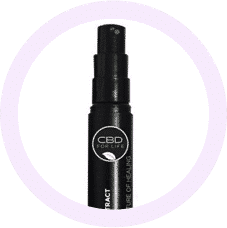 12. Oral Sprays
12. Oral Sprays
One of the most recent ways to ingest CBD is by using oral sprays. They come in small containers with a spray nozzle. Also, like any other CBD product, concentrations of CBD vary. Oral sprays often have additives like flavors and sweeteners in them to help make them more palatable.
After you get to know all the types of CBD products in the market, next are the expected benefits. With all the hype surrounding CBD, just how effective is it?
CBD products are now even more popular in Canada. Since they come in 3 categories, you have more options. You get full spectrum CBD, broad-spectrum, and isolate. All have effects that you must keep in mind. The good news about CBD products in Canada is the industry is heavily regulated. Hence the products are safe for human and pet consumption.
CBD gets absorbed into the bloodstream and binds with receptors in the Endocannabinoid System (ECS). Once this happens, you start to feel the effects like pain and anxiety relief. What matters is the purpose of taking CBD in the first place. It’s the mandate of the ECS to keep everything in the body functioning correctly.
A deficiency in ECS results in ailments and can lead to less production of cannabinoids in the body. The additional ones from CBD effects come in handy. The ECS is made up of 3 main parts, namely endocannabinoids, receptors, and enzymes. So far, researchers have proven just how effective the ECS is to proper body function.
It plays a role in:
- Memory and learning
- Appetite, metabolism, and digestion
- Muscle formation
- Chronic pain and inflammation
- Function of the reproductive system
- Function of the nervous system
All of these and many more retain the homeostasis nature of the human body. The ECS always comes to the body’s aid to return it to normal function. When it comes to using CBD products, many people turn to it due to certain medical conditions.
For many people, CBD (Cannabidiol) is the answer to certain medical conditions they have. It’s essential to insist that CBD is not a cure but offers relief for symptoms of chronic illnesses. Additionally, the effect it has depends on how long CBD stays in the system. Any of the CBD products listed above can be used for medical benefits of various conditions, including:
Patients suffering from illnesses like arthritis that result in chronic pain require relief often. Many are turning to CBD for pain for its quick relief. CBD oil for arthritis has proven to be quite effective. Not only that, but CBD oil for pain is also proving to have fewer side-effects because it’s made from natural ingredients.
Other medical conditions that cause chronic pain include injuries, muscle pain, cancer, migraine, etc. More research is still underway to get more information on how effective CBD is for managing chronic pain. Some studies have shown evidence of this already.
Some people consider using CBD and THC compounds for better relief. This means they opt for full-spectrum CBD products. They might endure the psychoactive side-effect, but they won’t be in pain any longer. The combination works better, but still, you can opt for broad-spectrum or CBD isolate. One thing for sure is that CBD oil for back pain is helping millions around the world.
Any person who undergoes cancer-treatment endures severe side-effects that can be detrimental to their health. Finding ways to cope with them is paramount to keeping their bodies healthy. Chemotherapy is one of the treatments that help shrink and even rid the body of cancer cells. Since it involves injecting poisonous substances into the body, the effects are harsh.
Patients end up with severe nausea, vomiting, weight loss, and fatigue. Also, the body can’t remain stable for long without tackling these effects. CBD is proving useful when it comes to tackling chemotherapy side-effects. Additionally, more established bodies are advocating for its use among patients.
Having chronic anxiety can be a paralyzing condition that affects your day to day life. It can be caused by anything, even mental health conditions. What CBD for anxiety does is change how ECS receptors perceive serotonin in the brain, according to researchers. A dose of CBD can help deal with anxiety and make your life more productive.
When it comes to the right category of CBD and dosage, variations matter. Some can opt for lower doses of full-spectrum CBD products while other high doses of CBD isolate. The choice depends on what you prefer. CBD oil for anxiety is a great choice. A further step is necessary to consult your physician on this. Since there are many forms of anxiety, such consultation is crucial.
Epilepsy is a chronic disease characterized by seizures and comes in various types. CBD is proving to be an active anti-seizure chemical for most patients. The results are so satisfactory that more people are turning to CBD as an anti-seizure.
What CBD does is reduce the number of seizures, especially in severe epileptic patients. CBD dosage must be determined for lasting relief, and this is why consulting a doctor is critical. Some studies prove CBD is an answer, especially in types of epilepsy that are medication-resistant.
Acne can lead to cases of inflammation on your skin that is painful. By using CBD products such as CBD oil, you soothe the inflammation helping your skin to heal. What the CBD does is prevent further activity in the sebaceous glands that produce sebum. It’s too much sebum production that triggers acne, and a human study proved how effective CBD is.
Despite all the excellent benefits of CBD, there are some side-effects to note.

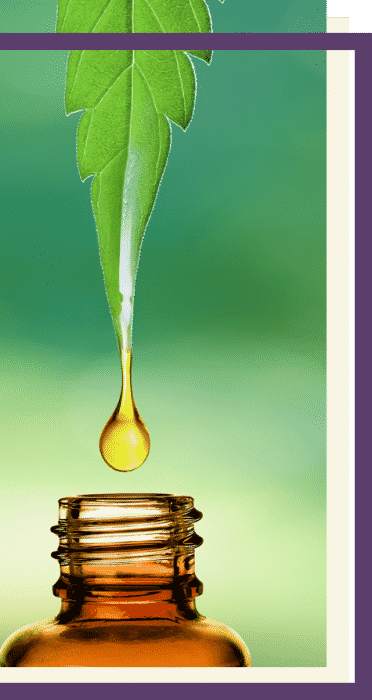



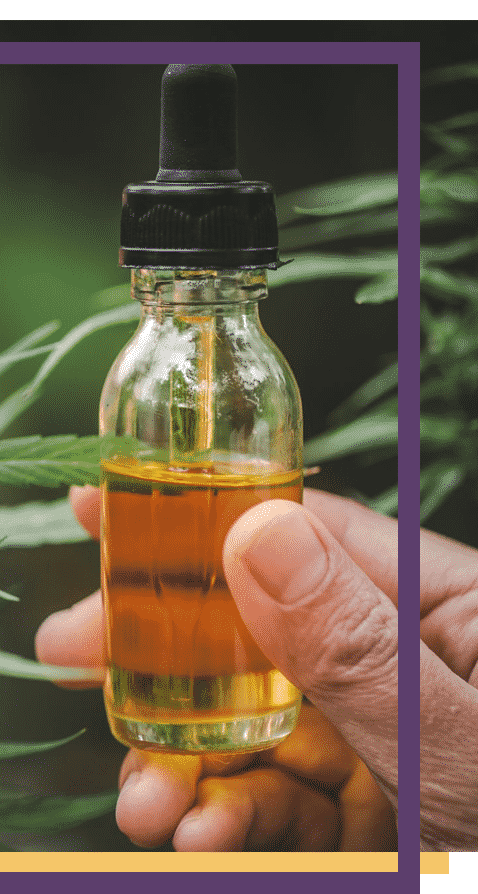 Legalization Information
Legalization Information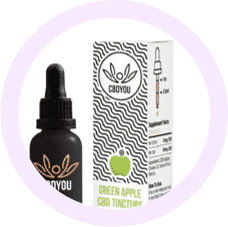 1. CBD Oils and CBD Tinctures
1. CBD Oils and CBD Tinctures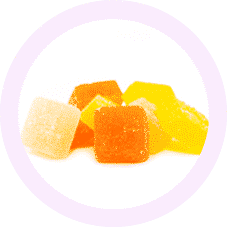 2. CBD Topicals
2. CBD Topicals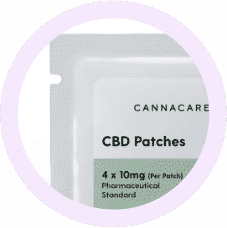 3. CBD Transdermal Patches
3. CBD Transdermal Patches 4. CBD Drinks
4. CBD Drinks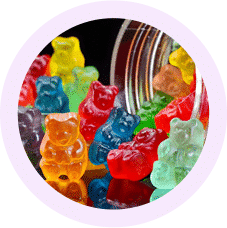 5. CBD Edibles
5. CBD Edibles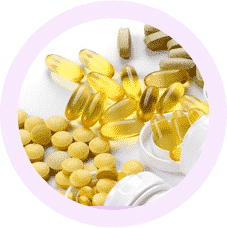 6. CBD Capsules and CBD Tablets
6. CBD Capsules and CBD Tablets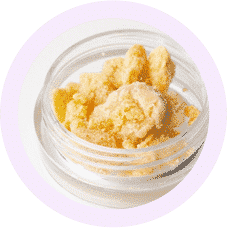 7. CBD Concentrates
7. CBD Concentrates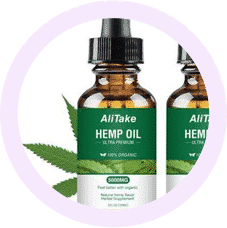 8. CBD Extract
8. CBD Extract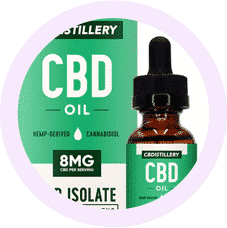 9. CBD Isolate
9. CBD Isolate 10. CBD Skin and Hair Products
10. CBD Skin and Hair Products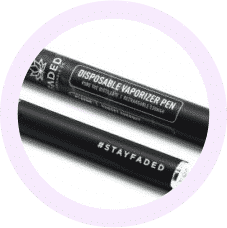 11. CBD Vape Pens
11. CBD Vape Pens 12. Oral Sprays
12. Oral Sprays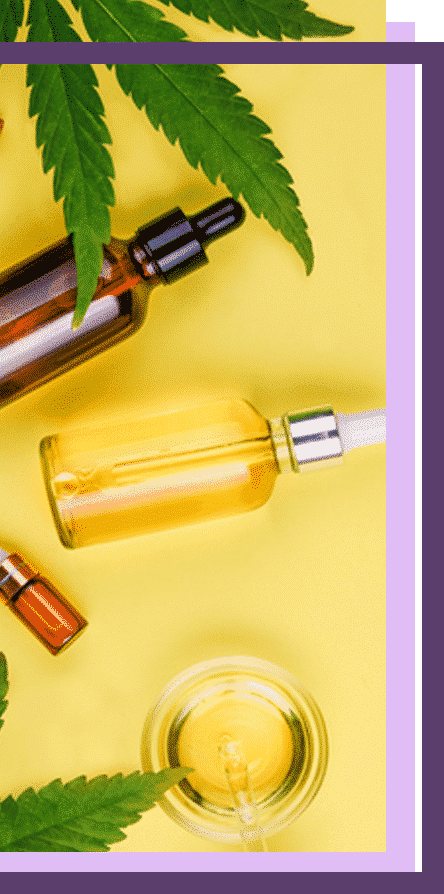 Effects of CBD
Effects of CBD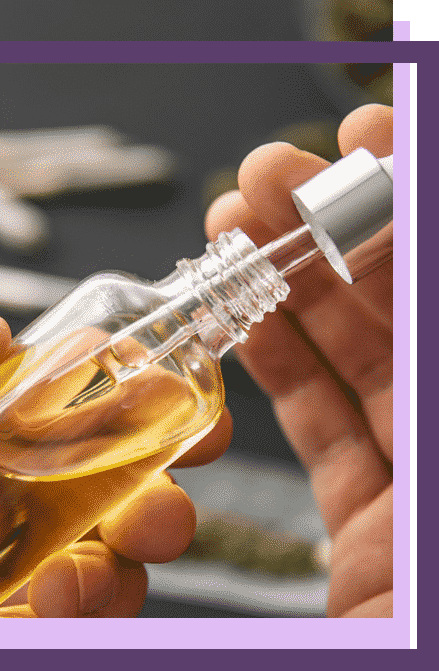 Medical Benefits of CBD
Medical Benefits of CBD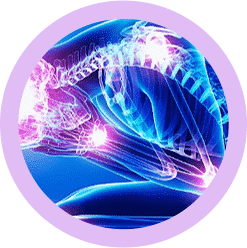 Chronic Pain
Chronic Pain Chemotherapy Side-effects Relief
Chemotherapy Side-effects Relief Anxiety Relief
Anxiety Relief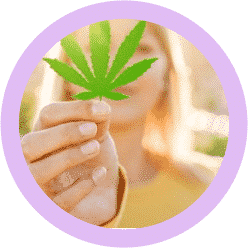 CBD for Epilepsy
CBD for Epilepsy Acne Relief
Acne Relief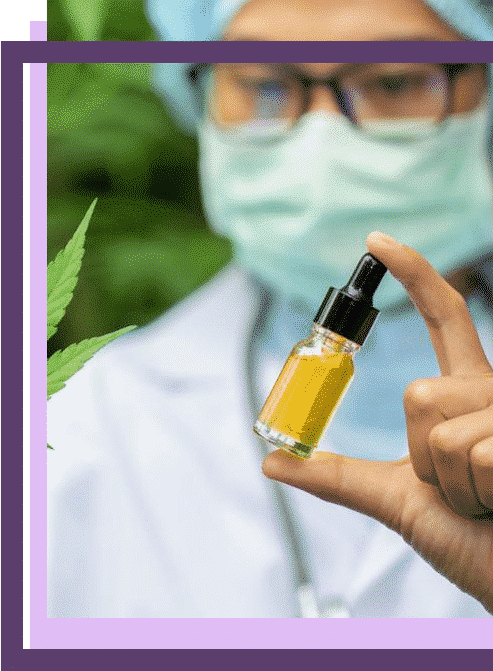 How to Take CBD Oil
How to Take CBD Oil